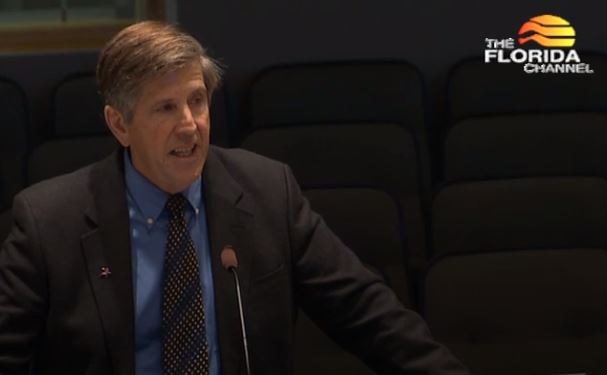
Step Up For Students president Doug Tuthill told a Florida Senate committee today that nearly 70,000 additional students could have been awarded Florida Tax Credit Scholarships had the requisite funding been available.
While nearly 13,000 students were found conditionally eligible for the scholarship and placed on a waitlist, the number of overall applicants was much higher.
“I don’t know what the full demand is,” Tuthill said. “We haven’t kept the application open for a full season the last couple of years because demand is so high.”
Tuthill explained to committee members that Step Up shut down the scholarship application process last June when it became apparent that demand could not meet supply. Had the organization allowed the process to remain open, evaluating and approving every application that was eligible, it would have offered “false hope” that Step Up didn’t think was ethically appropriate, Tuthill said.
Families of all students on the waitlist fall within 185 percent of federal poverty guidelines, qualifying them for a full scholarship. Tuthill vowed that Step Up, which hosts this blog, will be present during the upcoming legislative session to discuss the demand of low-income families fighting for their children.
“We need to figure out ways to address (the demand),” he said.
In response to a question from Sen. Bill Montford (D-Tallahassee) about other issues scholarship families may be facing, Tuthill said transportation is a main barrier for low-income students. He said Step Up is looking for ways to address the issue, perhaps by allowing families to use scholarship dollars toward transportation costs.
Tuthill also referenced the slow start in enrollment to the Hope Scholarship, created by the Florida Legislature in 2018 to give public school children relief from bullying and violence. While Floridians have contributed $14.3 million of their automobile purchase taxes to the scholarship, only 91 scholarships have been awarded.
Sen. Janet Cruz (D-Tampa) said she has heard from principals in her district who are grappling with the Hope application.
“The application process … is very burdensome on everybody,” Tuthill said. “I think we’ve overregulated the principals, the families and the schools. A more streamlined process may help (everyone).”


